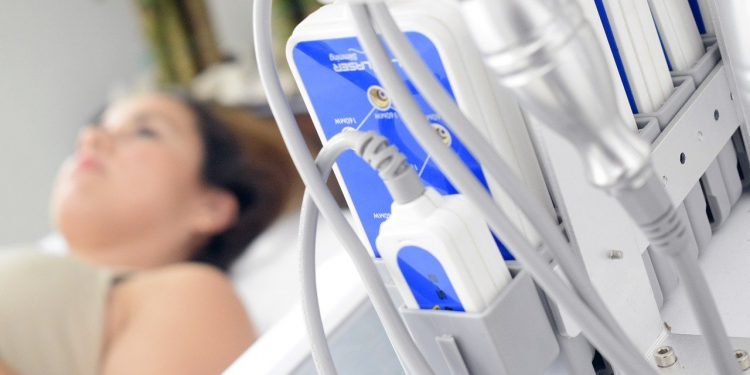The number of breast cancer claims appear to have largely held up during the course of the whole of pandemic when compared with 2019 levels, insurers have told Health & Protection.
Vitality revealed it has seen similar numbers of IP claims for breast cancer throughout the pandemic as it was seeing pre-pandemic.
“One of our first steps at the beginning of the pandemic was to give VitalityLife members access to our Vitality GP advice telephone line so they could get quick access to information and clinical support,” the insurer said.
“Ensuring our members are able to access cancer care has remained a top priority for us which is why, where possible, we helped patients to receive cancer treatment at home.”
Aviva too revealed its number of IP breast cancer claims have remained “broadly consistent” over the past four years.
Cirencester Friendly told Health & Protection that it paid out four breast cancer income protection claims in the first half of this year. The society paid out nine claims over the whole of last year. This compares with seven in 2019.
Mike O’Donnell, chief medical officer at Cirencester Friendly, noted that during the first phase of the pandemic, fewer people were coming forward for diagnosis and treatment, but this does not appear to have affected its claims.
“Possible explanations for fewer appointments include the fear of catching Covid in the healthcare environment and the fact that it could be difficult to arrange doctors’ appointments,” he said.
“There was also the perception that the NHS was overwhelmed and may not have had capacity.
“Possibly of more significance, was the fact that clinicians were diverted away from their usual roles into caring for people with Covid and that waiting lists for appointments became very prolonged.”
Fewer claims at Royal London
However Craig Paterson, chief underwriter at Royal London, revealed that it received around 20% fewer critical illness claims than it would have expected to in a non-pandemic environment.
“As our most common cause of claim, breast cancer will have been a significant component of this shortfall,” Paterson added.
“Covid saw a significant strain placed on the NHS, while lockdowns and the prioritisation of the critically ill meant screening programmes were temporarily suspended and patients discouraged from seeing their GP for non-urgent appointments.
“As a result, referrals for suspected breast cancer were significantly lower which in turn meant fewer people were diagnosed with breast cancer.
“As the NHS recovers, screening has resumed and GPs are much more accessible. We expect this will result in an increase in the number of claims related directly and indirectly to breast cancer in the future.
“With early detection and treatment so key to improved survival, delayed diagnoses of breast cancer may result in more intensive treatment requirements and, tragically, increased mortality.”
Legal & General revealed that during 2020 it paid out 578 breast cancer-related critical illness claims, and 347 breast cancer-related life insurance claims.
This compared with 700 critical illness claims and 384 breast cancer-related life insurance claims in 2019.
Commenting on the figures, a spokesperson for L&G said: “If last year has taught us anything it is that protection has never been more important, helping provide financial support when people need it most.
“Having the right support in place to provide financial breathing space to pay the rent or mortgage, and bills can go a long way to ease some of the stresses of a very difficult time. It helps customers to focus on the most important thing – getting better.
“Legal & General is working in partnership with Cancer Research UK to bring forward the day when all cancers are cured.”
Increase in claims
In contrast, the Exeter revealed breast cancer claims increased year-on-year in 2020.
“In 2020, health insurance cancer claims for The Exeter represented 23% of claims by value and 9% by volume. Of these claims, breast cancer accounted for the largest of the cancer claims with 37% by value paid in 2020,” the insurer said.
“The number of claimants for breast cancer actually increased slightly by 4% in 2020 compared to 2019.
“While many private hospitals were requisitioned by the NHS during the pandemic, health insurance members were still able to access digital health services, allowing many to continue on the path towards treatment.
“It is reassuring that we have not seen a decrease in cancer claims during the pandemic and we would always urge anybody to get symptoms checked.”






